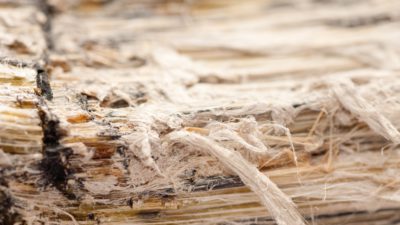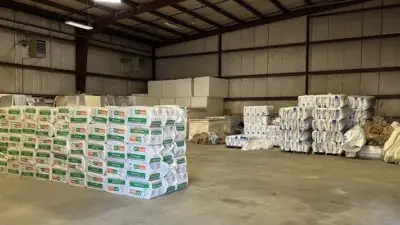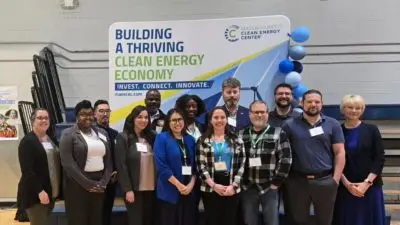Reducing your energy consumption is not only going to help the environment, but it’s also going to help your bank account. Transforming your house in New York or Massachusetts into a green home is actually easier than most people think. Many of these tips are simple to adopt and affordable to implement, allowing you to maximize the savings associated with creating an efficient home.
Optimize Your Hot Water Usage
There’s nothing like a hot shower or a long, steamy bath after a hard day of work. However, hot water usage is one of the leading causes of excessive energy consumption. There are many ways that you can optimize your hot water usage and improve the energy-efficiency of your home, including:
- Upgrading to a tank-less hot water heater. This will heat your water quickly and more efficiently than a traditional hot water tank.
- Turn down the temperature on your hot water heater. Often times, you can reduce the temperature without sacrificing the comfort of your bath or shower.
- Limit the amount of time you spend in the shower, and reuse bath water for the kids.
- When you do the laundry, set your washing machine to the cold cycle rather than the hot cycle.
At your home energy assessment, we will identify and seal air leaks in your home.
Add Insulation to Your Home
In some cases, it’s not the energy that you are utilizing within your home that is costing the most, but rather the energy that you are allowing to escape your home. Inadequate insulation, cracks in the window seals and gaps in the door frame are going to let energy seep from your home at all hours of the day. One of the best ways to curtail this escape is to add insulation to your home. Blown-in insulation is easy to install and is incredibly effective. Other easy ways to trap the heat inside your home include:
- Sealing the mail slot that leads into your home. If you do not use this slot, consider covering it completely.
- Insulate the pipes and wires in your home.
Upgrade Your Furnace and Heat Your Home Efficiently
The latest furnace models are more energy-efficient than those that were created even a decade ago. If your furnace is reaching the end of its lifespan, or the cost to heat your home continues to rise, it may be time to purchase an Energy Star furnace from a qualified HVAC professional. Other things you can do to heat your home more efficiently include:
- Install a smart thermostat that will learn your habits and automatically adjust your temperature controls when you are not home.
- Lower the thermostat before you go to bed. It doesn’t need to be as high when you are asleep.
- Use curtains on your windows to keep the heat inside your home.
- Make sure that your furniture is not blocking the heat vents on the floor, as this prevents the heat from circulating in the room.
Upgrade Your Air Conditioner and Be Mindful When Cooling Your Home
The winters in New England may be harsh, but the summers can be stifling. One of the best ways to improve the energy-efficiency of your home in the summer months is to purchase a new, energy-efficient air conditioner. The newest models are going to cool your home off as quickly as possible, and use less energy in the process. In addition to upgrading your air conditioner, you also can:
- Plant shrubs and trees that will block the sunlight from basking on your home all day. The natural shade will keep the interior temperature cooler, and prevent your air conditioner from running constantly.
- Open your windows and use your ceiling fans to control the temperature in the home, rather than allowing the air conditioner to run.
In many cases, people do not even realize how much energy they are consuming and how much energy is being wasted in their homes. The first step to creating an efficient home is to learn more about your energy usage and to discover where you can reduce your energy consumption. At HomeWorks Energy, we offer a home energy assessment that will provide you with the data that you need to better understand your energy consumption. We also offer information and resources to help you reduce your energy usage.
For more information on how you can increase your energy savings, contact us to schedule your home energy assessment today.








